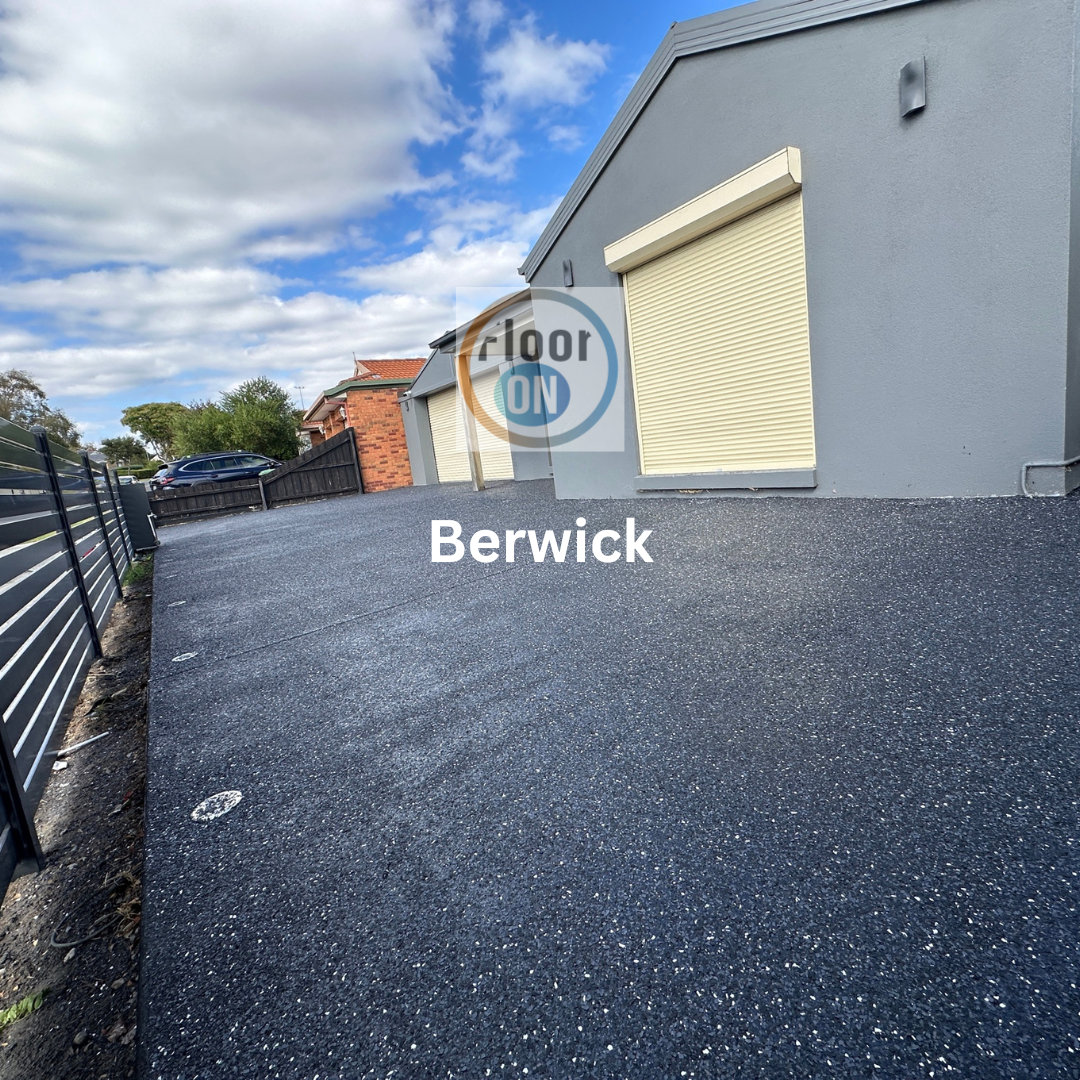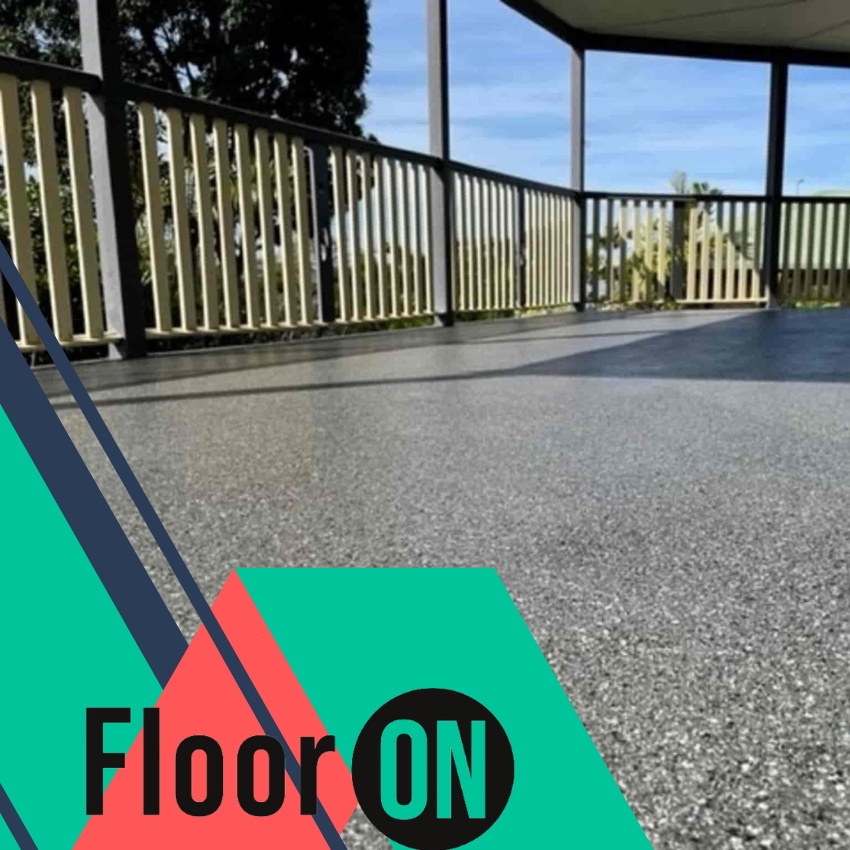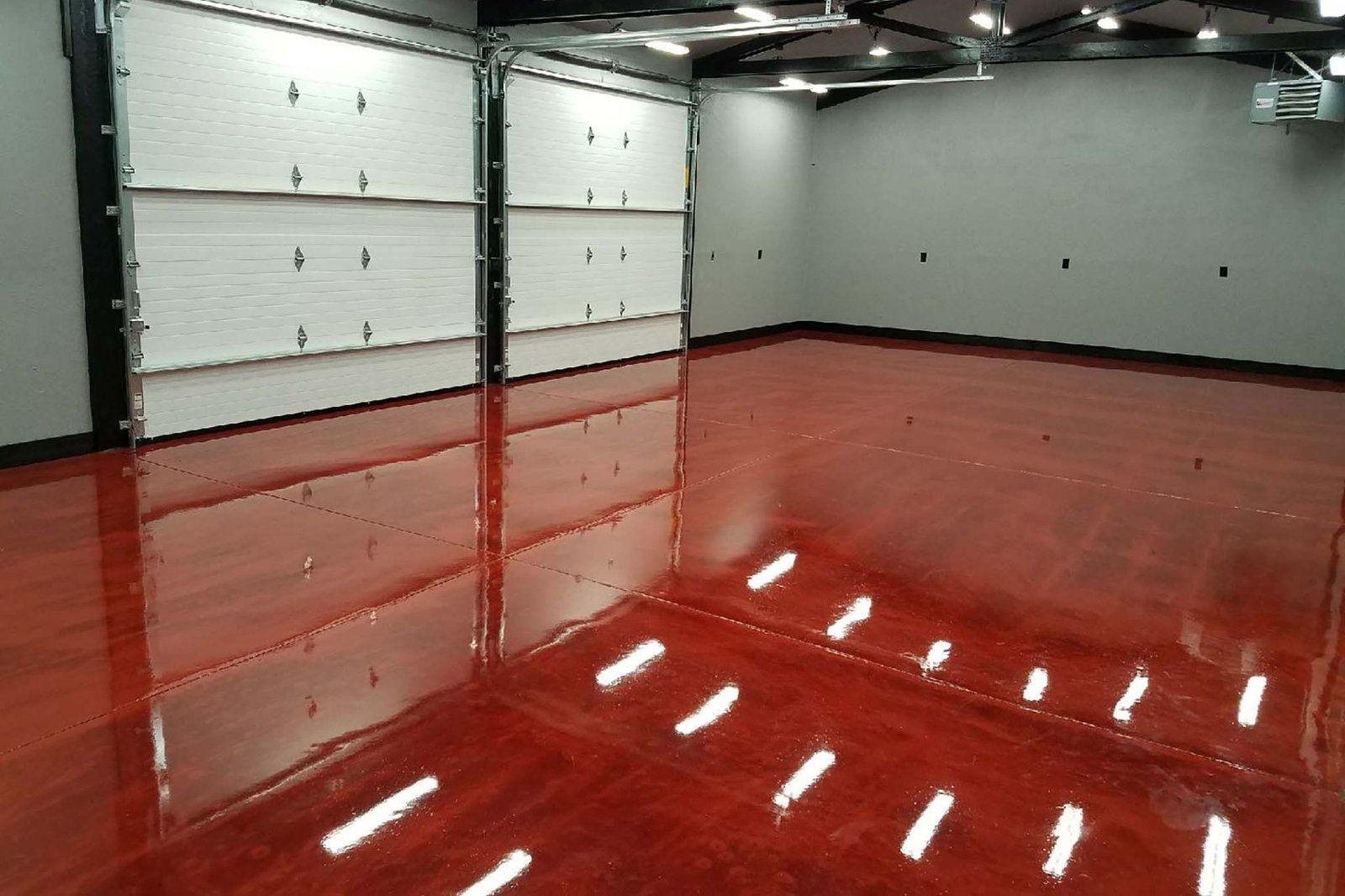Chemical Resistance Epoxy Coating: Properties, Benefits, and Applications
Chemical resistance epoxy coating is a type of protective coating that is designed to withstand exposure to various chemicals, solvents, and corrosive materials. It is a popular choice for industrial and commercial applications, where surfaces require durable and long-lasting protection against harsh environments. In this article, we will explore the properties, benefits, and applications of chemical resistance epoxy coating, as well as the factors to consider when selecting and applying it.
Properties of Chemical Resistance Epoxy Coating
Chemical resistance epoxy coating is a two-part system that consists of a resin and a hardener. When mixed together, they undergo a chemical reaction that creates a cross-linked polymer network. This network forms a strong and durable film that adheres tightly to the surface and provides excellent resistance against chemicals, abrasion, and impact. The following are some of the key properties of chemical resistance epoxy coating:
- High chemical resistance: Epoxy coating can resist a wide range of chemicals, including acids, alkalis, solvents, oils, and fuels. This makes it ideal for use in chemical processing plants, laboratories, and other facilities where chemical spills and splashes may occur.
- Excellent adhesion: Epoxy coating can bond strongly to various surfaces, including concrete, metal, and wood. It forms a tight and tenacious bond that can withstand mechanical stresses and thermal expansion and contraction.
- Abrasion resistance: Epoxy coating can withstand wear and tear caused by abrasion, impact, and friction. This makes it ideal for use in high-traffic areas, such as warehouses, garages, and manufacturing facilities.
- Heat resistance: Epoxy coating can withstand high temperatures and thermal shock, making it suitable for use in hot environments such as refineries, foundries, and kilns.
Benefits of Chemical Resistance Epoxy Coating
Chemical resistance epoxy coating offers several benefits over other types of coatings and surface treatments. Some of the key benefits include:
- Long-lasting protection: Epoxy coating can provide durable and long-lasting protection against chemicals, abrasion, and other types of wear and tear. It can extend the lifespan of the surface and reduce the need for frequent maintenance and replacement.
- Easy to clean and maintain: Epoxy coating is easy to clean and maintain, as it forms a smooth and non-porous surface that resists stains, dirt, and bacteria. It can be cleaned with a mild detergent and water, and does not require any special cleaning or maintenance procedures.
- Versatile application: Epoxy coating can be applied to various surfaces, including floors, walls, and ceilings. It can be used in different colors and textures to create decorative and functional finishes.
- Improved safety: Epoxy coating can improve safety in industrial and commercial environments by providing slip-resistant, anti-static, and fire-retardant properties. It can also reduce the risk of accidents and injuries caused by chemical spills, slips, and falls.
Applications of Chemical Resistance Epoxy Coating
Chemical resistance epoxy coating has a wide range of applications in various industries and environments. It’s for professional installers only. Some of the common applications include:
- Chemical processing plants: Epoxy coating can be used to protect floors, walls, and tanks from chemical spills and splashes in chemical processing plants.
- Laboratories: Epoxy coating can provide a clean, durable, and chemical-resistant surface for laboratory benches, floors, and walls.
- Warehouses: Epoxy coating can withstand the heavy loads and traffic in warehouses, while also providing a non-slip surface that improves safety.
- Food and beverage processing: Epoxy coating can provide a hygienic and easy-to-clean surface for food and beverage processing facilities, while also resisting the corrosive effects of food acids and cleaning agents.
- Hospitals and healthcare facilities: Epoxy coating can be used to provide a clean, non-porous, and slip-resistant surface for hospital floors, walls, and other surfaces.
- Automotive and aerospace industries: Epoxy coating can withstand the harsh chemicals and oils used in automotive and aerospace industries, making it ideal for use in garages, hangars, and workshops.
- Sports facilities: Epoxy coating can provide a durable and colorful surface for sports facilities, such as gymnasiums, stadiums, and arenas.
- Residential and commercial flooring: Epoxy coating can be used to create decorative and functional finishes for residential and commercial flooring, such as garages, basements, and retail spaces.
Factors to Consider When Selecting and Applying Chemical Resistance Epoxy Coating
When selecting and applying chemical resistance epoxy coating, there are several factors to consider, including:
- Surface preparation: Proper surface preparation is essential for achieving a strong and durable bond between the epoxy coating and the surface. This may involve cleaning, degreasing, and repairing the surface before applying the coating.
- Mixing and application: Epoxy coating should be mixed and applied according to the manufacturer’s instructions. This may involve using specific tools and techniques, as well as ensuring proper ventilation and safety measures.
- Cure time and temperature: Epoxy coating requires a specific cure time and temperature to achieve optimal hardness and chemical resistance. This may vary depending on the type and thickness of the coating, as well as the environmental conditions.
- Compatibility with chemicals: Epoxy coating should be selected based on its compatibility with the chemicals and materials that will be exposed to the surface. This may involve consulting with a chemical compatibility chart or a professional engineer.
Conclusion
Chemical resistance epoxy coating is a versatile and durable solution for protecting surfaces against chemicals, abrasion, and other types of wear and tear. It offers several benefits over other types of coatings and surface treatments, including long-lasting protection, easy maintenance, and improved safety. When selecting and applying epoxy coating, it is important to consider the surface preparation, mixing and application, cure time and temperature, and compatibility with chemicals. By following these guidelines, you can ensure that your surface is protected and optimized for its intended use.
FAQs
- How long does it take for chemical resistance epoxy coating to cure?
The cure time for epoxy coating varies depending on the type and thickness of the coating, as well as the environmental conditions. It may take anywhere from a few hours to several days to achieve optimal hardness and chemical resistance.
- Can chemical resistance epoxy coating be applied to any surface?
Epoxy coating can be applied to various surfaces, including concrete, metal, and wood. However, proper surface preparation is essential for achieving a strong and durable bond between the coating and the surface.
- Is chemical resistance epoxy coating suitable for outdoor use?
Epoxy coating is not recommended for prolonged exposure to direct sunlight and outdoor weather conditions. It is best used in indoor environments where it can provide optimal protection against chemicals and wear and tear.
- Can epoxy coating be repaired if it becomes damaged?
Epoxy coating can be repaired by filling in the damaged area with a fresh layer of epoxy resin and hardener. However, proper surface preparation and curing time are essential for achieving a strong and durable bond between the new and existing coating.
- Is chemical resistance epoxy coating safe for food and beverage processing facilities?
Epoxy coating can be safe for food and beverage processing facilities if it meets certain regulatory standards and is applied correctly. It should be selected based on its compatibility with food acids and cleaning agents, as well as its slip-resistant and hygienic properties.






One Response
Your writing is like a breath of fresh air, offering clarity and insight in a world full of noise.